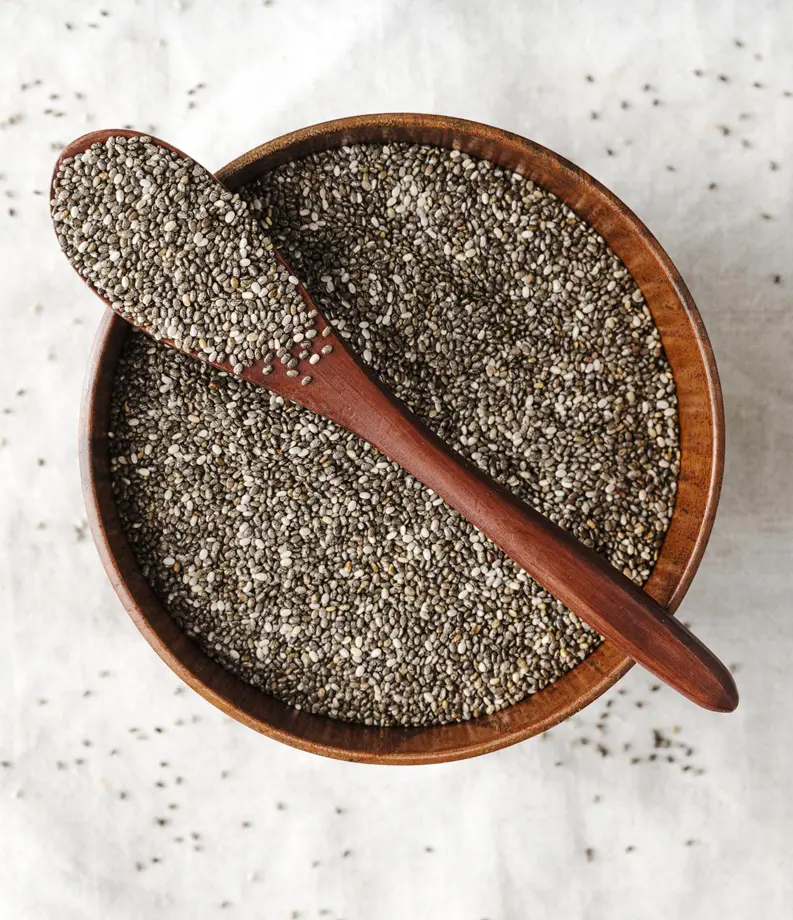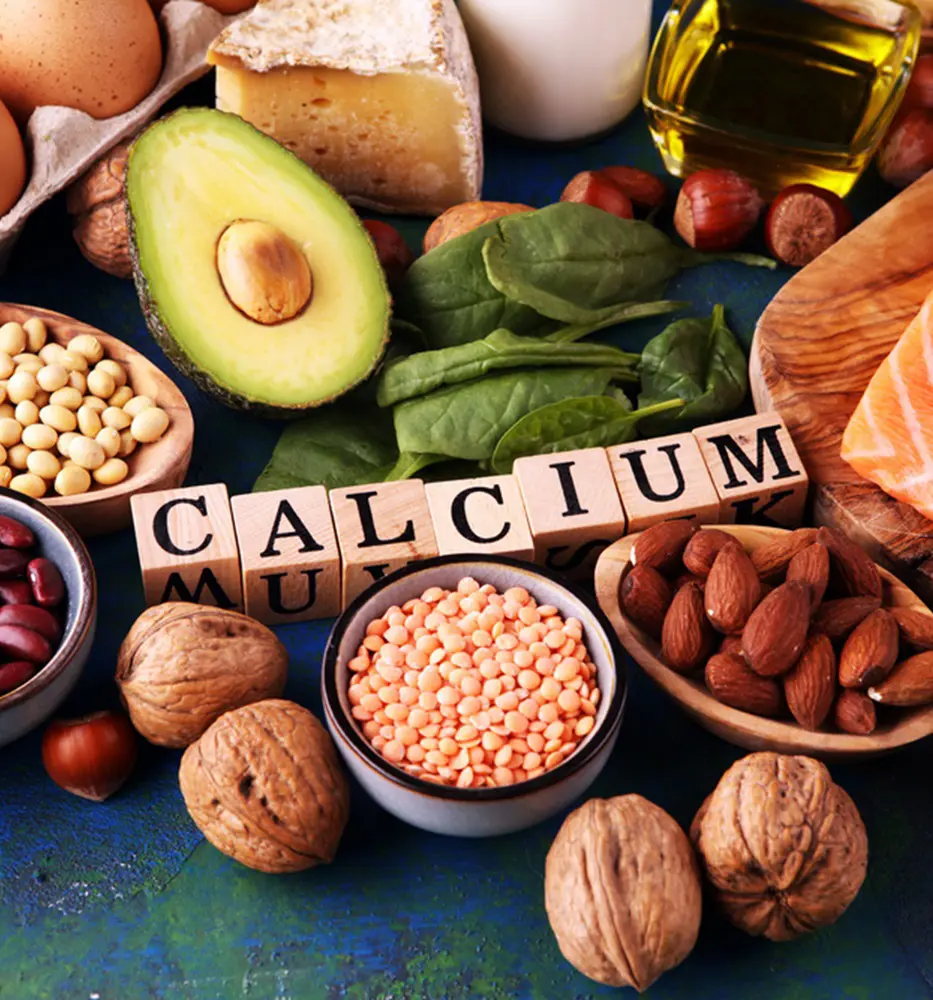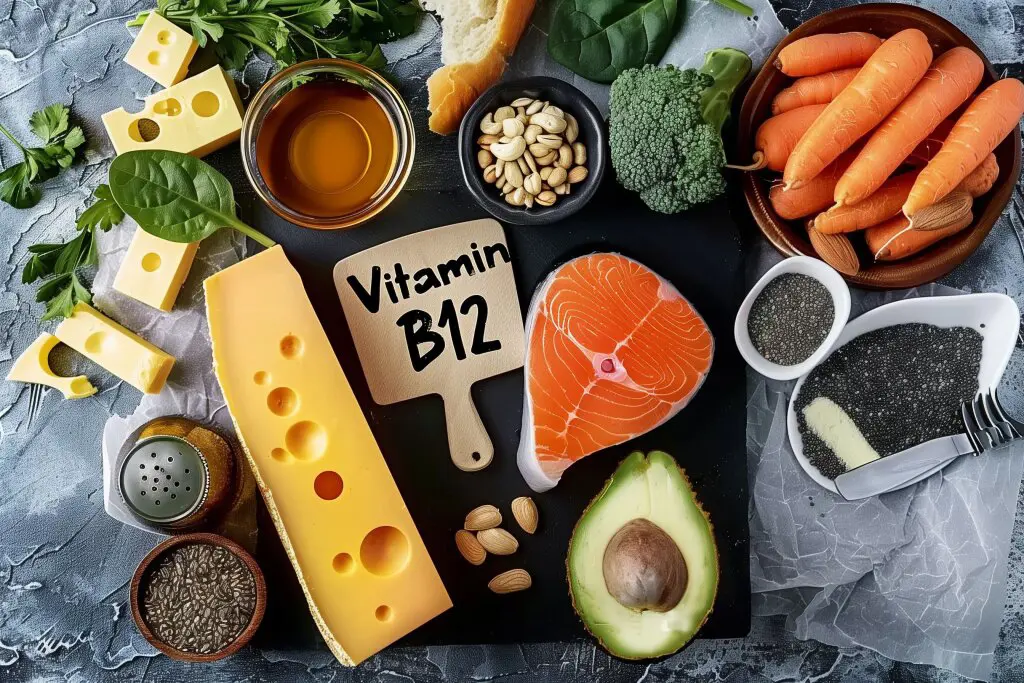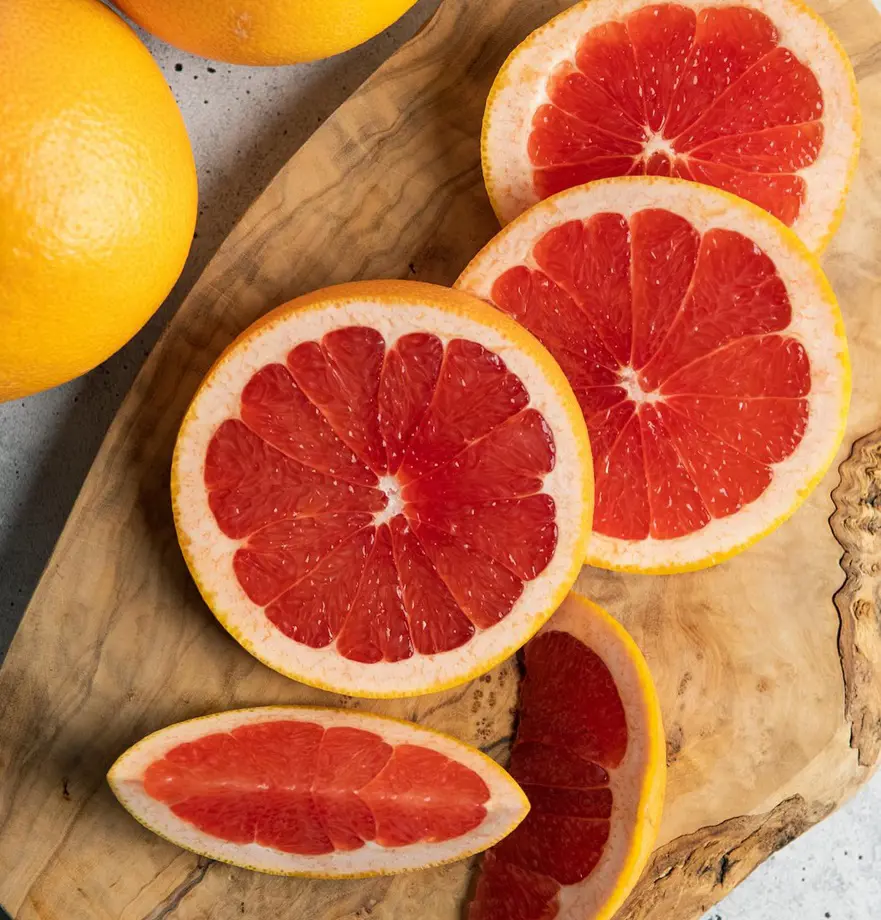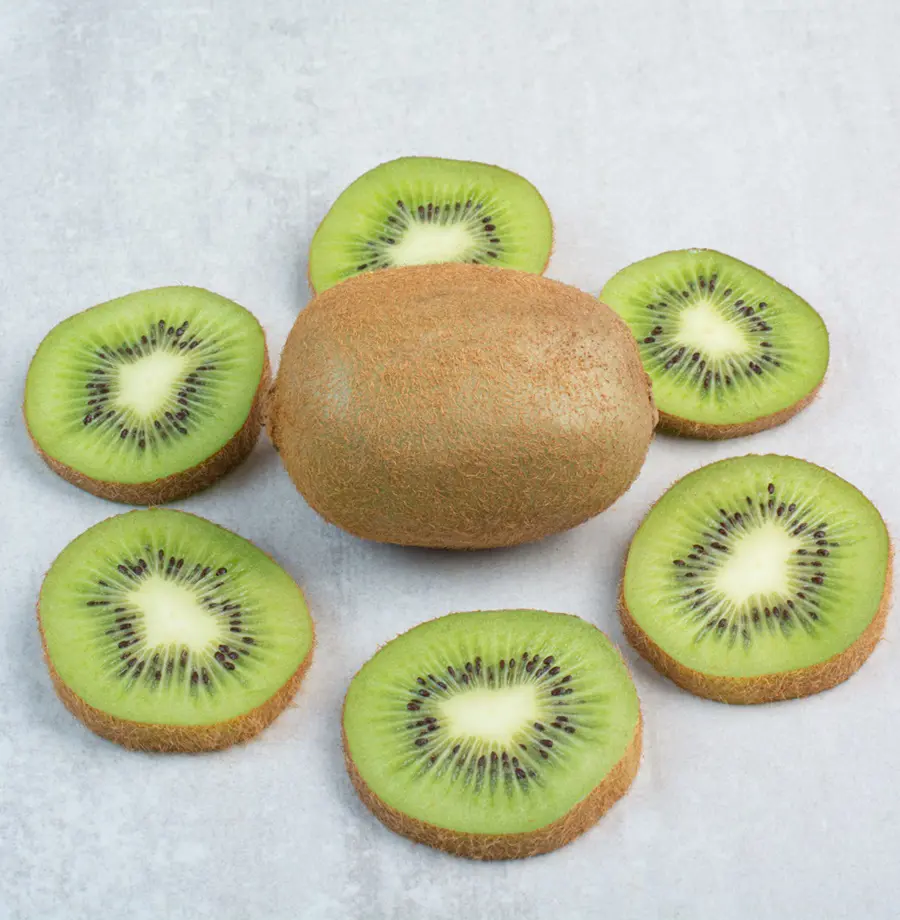14 Proven Coconut Oil Benefits For Your Health
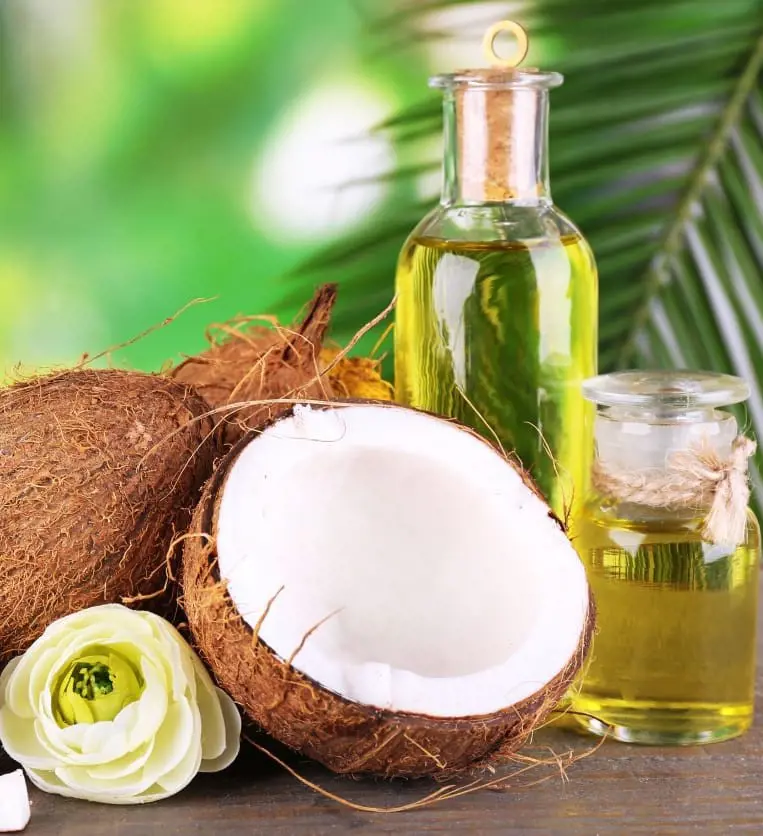
This post may contain affiliate links. If you make a purchase through links on our site, we may earn a commission.
Coconut oil is gaining popularity as a cooking oil for good reason. It is an edible oil produced from pressing coconut's interior meat.
This plant-based oil has a delicate taste and offers various health benefits as it contains essential vitamins such as A, D, E, and K and has strong antioxidant properties. From promoting oral health and supporting skin health to aiding weight loss, coconut oil has a multitude of benefits.
In this article, we will discover more proven health benefits of coconut oil.
1. Have Antimicrobial Effects
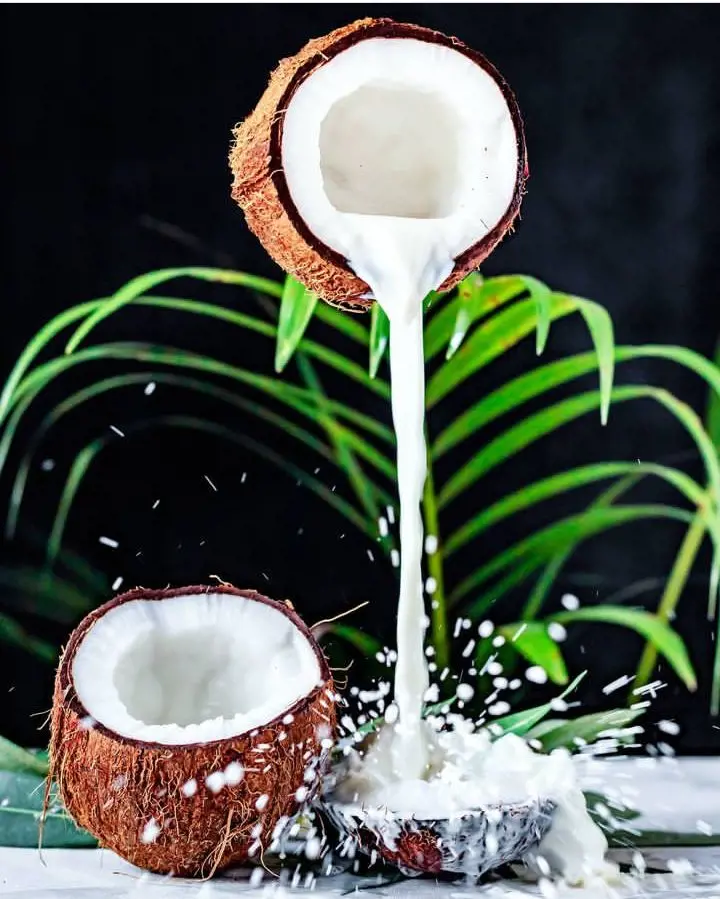
The medium-chain triglycerides (MCT) content, especially Lauric acid in coconut oil, has antimicrobial and antifungal effects, aiding in fighting off harmful bacteria and viruses. In this oil, a fatty acid, lauric acid, makes up about 50% of the MCT level. Studies show this acid works as a bacteriostatic agent and stops bacteria from reproducing without killing the bacteria.
Some research points out that this oil has antimicrobial properties against disease-causing microbes like Staphylococcus aureus, Escherichia coli, Helicobacter pylori, and more. In addition, it can hinder microorganism growth that is toxic to plants.
2. Good Antioxidant Source

Coconut oil is rich in antioxidants that assist in balancing damaging molecules named free radicals. This effect in the process aids in warding off several chronic and degenerative issues.
Some of the antioxidants found in this oil include tocopherols, tocotrienols, phytosterols, flavonoids, and polyphenols. These antioxidants provide potential brain-protective and anti-inflammatory properties. A study also shows the potential role of coconut oil in lowering the complications of diabetes due to the presence of MCT lauric acid.
3. Protect Against Hair Damage

Coconut oil helps to protect against hair damage by strengthening, nourishing, and reducing dandruff from hair. Regular application of this oil assists in moisturizing the scalp and decreasing flakiness and itchiness. The oil's relaxing and nourishing effects contribute to a healthier scalp environment, encouraging balanced oil production.
- Strengthen hair: Studies point out that coconut oil deeply penetrates hair strands and makes them more flexible. As a result, it increases hair strength by preventing it from breaking under tension.
- Nourishes hair: Studies found that coconut oil nourishes hair strands, and keeping your scalp healthy helps your hair grow better.
- Dandruff treatment: It's an effective natural remedy for treating dandruff as its antifungal properties, particularly the presence of Lauric acid, provide a gentle and aromatic solution for managing dandruff and maintaining a flake-free, healthy scalp.
4. Encourage Fat Burning
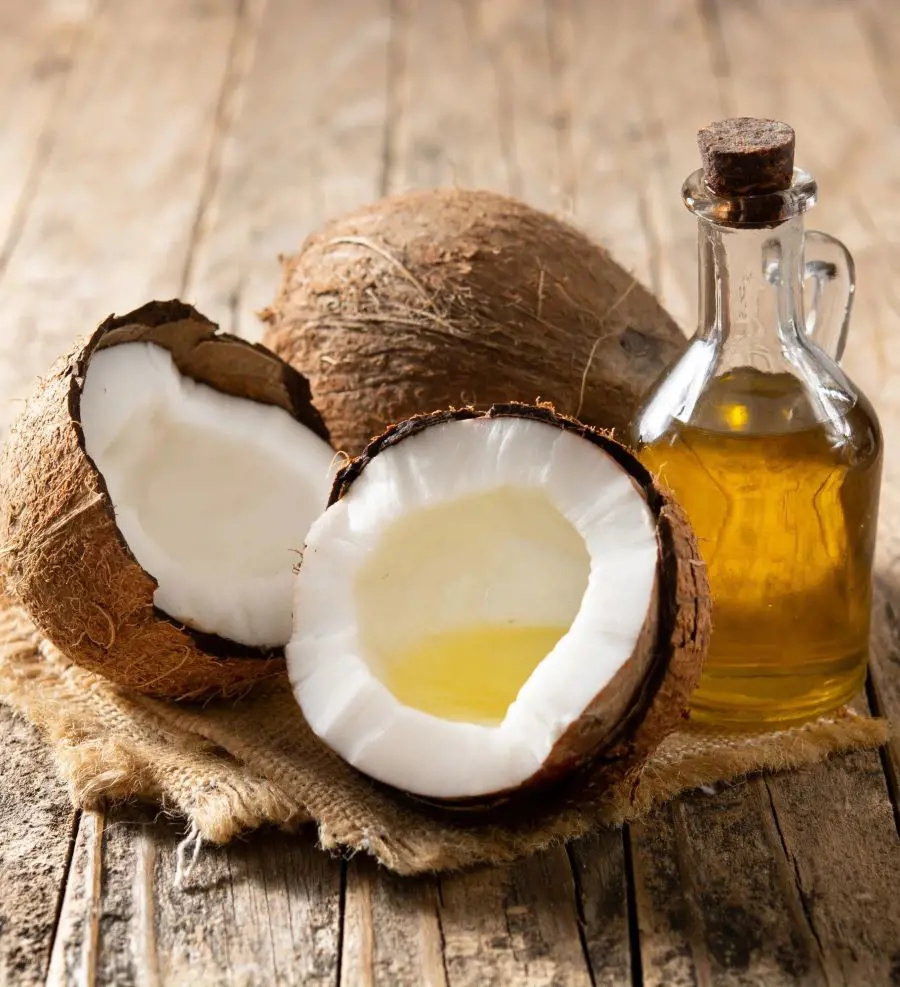
Coconut oil is rich in saturated fat medium-chain triglycerides (MCTs). The MCT content may aid in raising the calories your body burns. In turn, it also helps in boosting weight loss. Like pure MCT oil, this oil has fat-burning effects as the coconut oil fats are 65% MCT.
This saturated fat boosts metabolism and encourages fat burning when ingested in moderation as part of your diet. MCTs may raise calorie burning, but take into account that this oil is elevated in calories. As a result, it can easily cause weight gain if you have it in large quantities.
5. Improve Oral Health

Oil pulling with coconut oil can enhance oral health by decreasing harmful bacteria and plaque formation. Studies show oil pulling is effective for oral hygiene. Compared to regular mouthwash, it significantly lowers the count of harmful bacteria due to the antibacterial effects of lauric acid.
Through this process, the bacteria that populate the teeth stick to the coconut oil, and they are pulled from the oral tissue by attaching to the fat molecules of the oil and then washed away through oil pulling and spitting out the oil. Also, the Vitamin D content in this oil promotes strong bones and teeth.
Benefits of coconut oil pulling:
- Prefends cavity and gingivitis
- Cleaner and whiter teeth
- Decrease dental plaque buildup
- Reduce gum inflammation resulting in healthier gums
- Fresh breath
- Improvement of sinus issues
6. Quick Source Of Energy

Coconut oil includes medium-chain triglycerides (MCTs) that can provide quick energy. When you ingest fat in the form of long-chain triglycerides (LCTs), they are transported via your bloodstream to the tissues that need them, such as fat or muscle tissue.
However, MCTs are immediately directed to your liver and quickly become a source of energy similar to carbs, which are your body's preferred energy source. MCTs have been a popular ingredient in sports nutrition products used by athletes who need energy sources that their bodies can absorb and use quickly.
7. Reduce Seizures
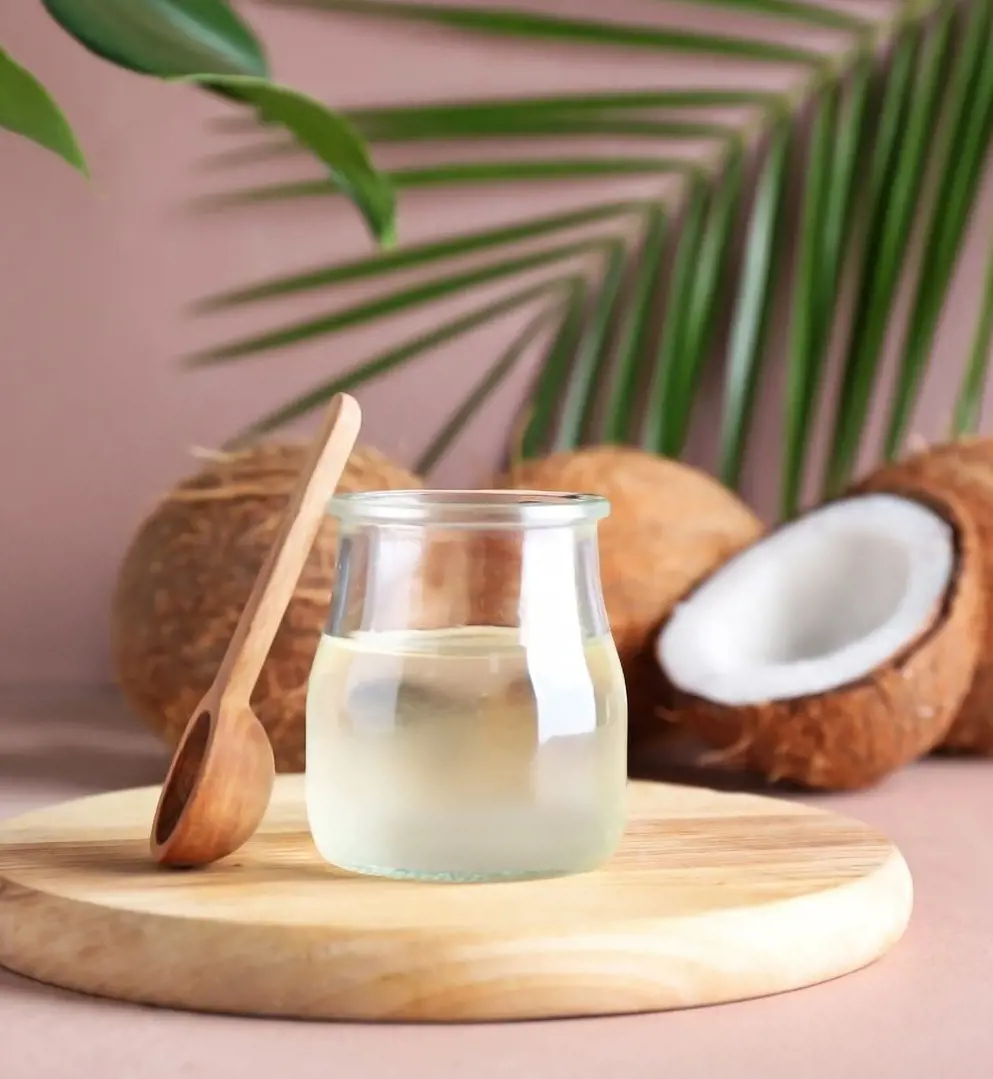
To treat various issues, like epilepsy, people have keto diets that are high in fats and low in crabs. They have been shown to assist in lowering how often seizures happen. Studies show that coconut oil MCTs are transported to the liver and converted into ketones. They believe the lack of glucose to fuel brain cells is a likely reason for the decrease in seizure frequency in individuals with epilepsy on the keto diet.
Lowering carb intake decreases the glucose in the blood and raises fat intake, causing improved concentrations of ketones. People have discovered they can treat epilepsy effectively by following changing keto diets that contain MCTs and more crab to generate ketosis.
8. Decrease Hunger and Food Intake

As the richest natural source of MCTs, coconut oil may help reduce food intake and appetite. These saturated fats are linked to how the body breaks them down. When you eat MCTs, they are broken down in a process that creates molecules called ketones.
Ketones help reduce hunger by acting immediately on the brain's chemical messengers or changing hunger-stimulating hormone levels such as ghrelin. Even the keto diet is popular nowadays, where they lower carbs quantity and often eat lots of fats. In addition, MCTs can raise calorie burn and lessen appetite, aiding in weight management.
9. Improve Wound Healing
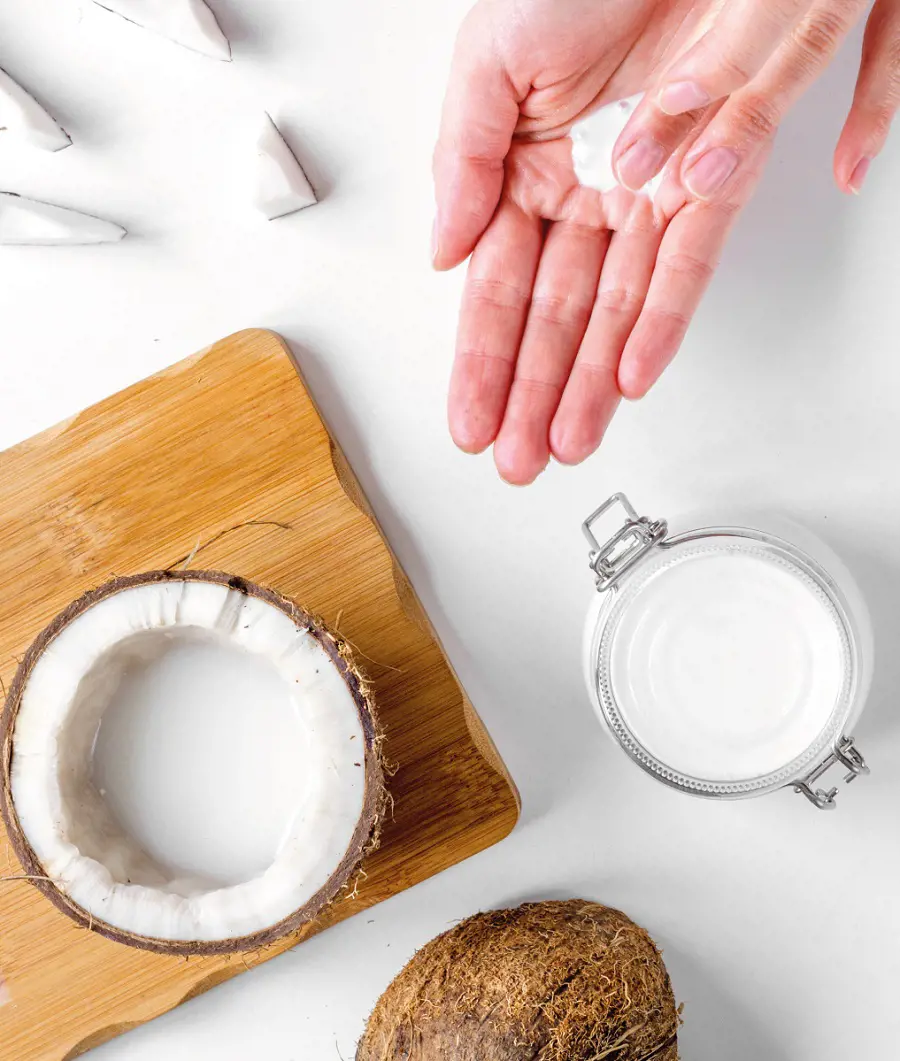
Several studies show that coconut oil has the potential to aid wound healing. In one animal study, they tasted the way this oil affected wound healing in mice when applied to the skin. They found that curing the wounds with virgin coconut oil accelerated the healing process and enhanced antioxidant status. Also, it raises collagen levels, a vital protein that helps wound recovery.
Another study shows that if coconut oil is mixed with an antibiotic, it effectively results in healing burn wounds. Besides improving wound healing, the antimicrobial effects prevent the major risk factor, infection, that can complicate the recovery process.
10. Anti Inflammatory Properties
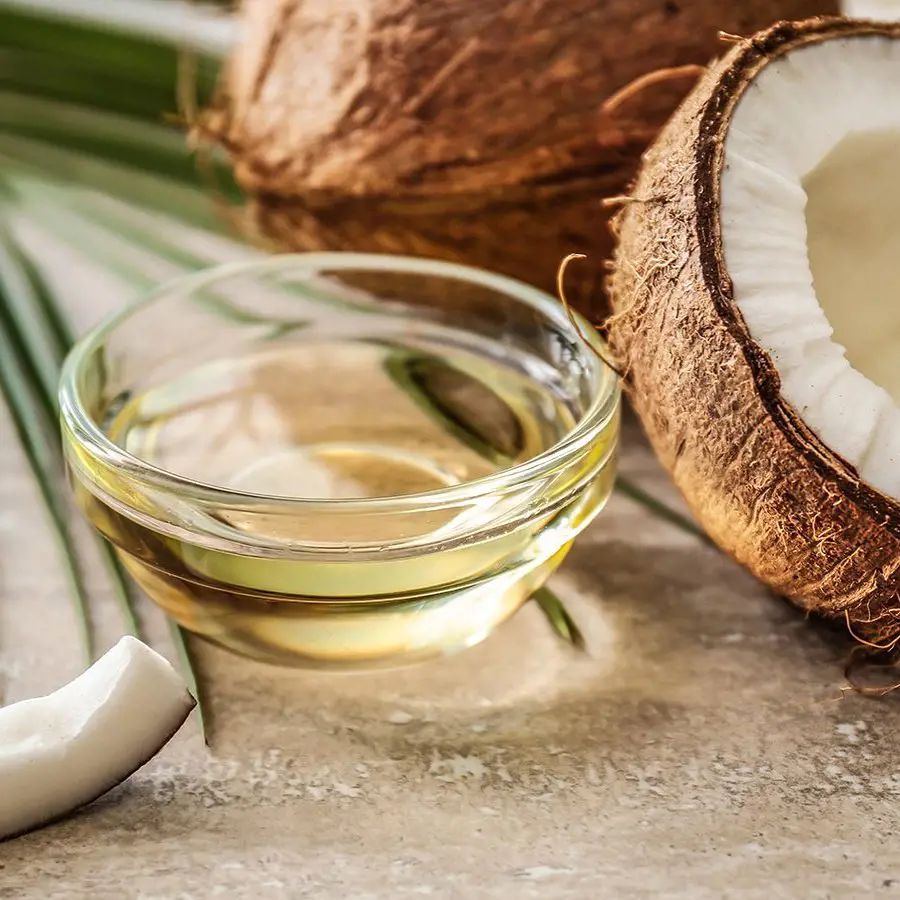
Some research suggests that coconut oil may have anti-inflammatory effects, potentially lowering inflammation in the body. In an animal study, when virgin coconut oil was applied to the swollen ears of mice, it showed anti-inflammatory effects and reduced pain. It can decrease inflammation by increasing antioxidant status.
Antioxidants work by neutralizing free radicals in the body, balancing reactive atoms that can donate to inflammation. When mice were fed a variety of oils, virgin coconut oil improved antioxidant levels and controlled oxidative stress to the greatest extent.
11. Boosts Brain Function

Coconut oil is plant-based oil high in polyunsaturated or monounsaturated fatty acids that reduce the risk of cognitive decline. The medium-chain triglycerides provide a quick energy source for the brain, potentially enhancing cognitive function.
The MCT's content breaks down into ketones, used by brain cells for fuel, making brain function better. Ketones supply an alternative source of energy for brain cells and stabilize the early signs of Alzheimer's disease, a common cause of dementia. As a result, it has a potential role in managing Alzheimer's condition.
12. Improve Liver Health
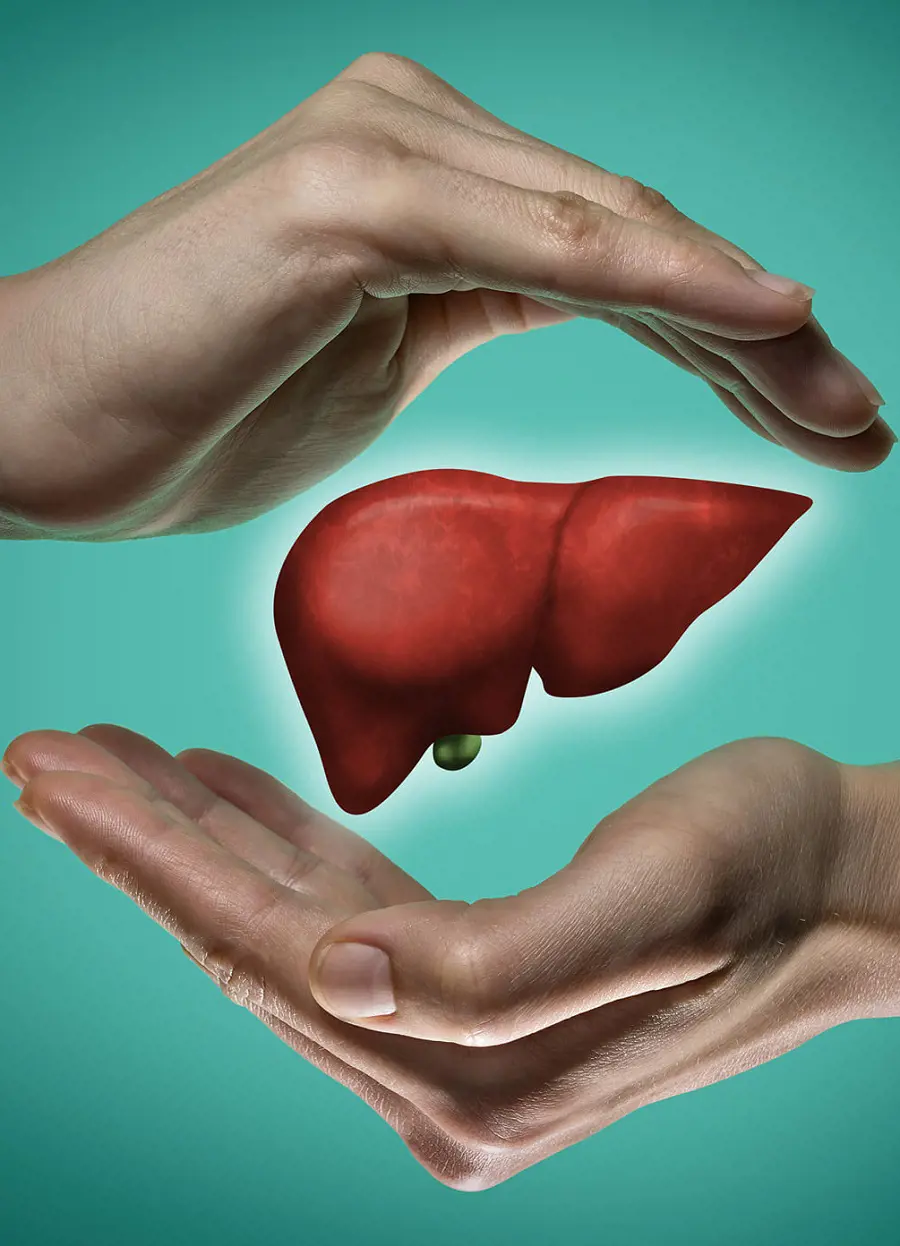
Studies have shown that coconut oil has potent liver-protecting effects. This oil contains around two-thirds of MCTs, which are broken down by our body and used as Medium-Chain Fatty Acids (MCFAs) for their healthy properties. MCFAs are quickly hauled from the digestive tract to the liver without requiring bile for metabolism.
The conversion of MCFAs into energy is considered to support the liver by decreasing its workload and controlling fat accumulation. MCFAs also possess antimicrobial properties that eliminate harmful viruses that can attack the liver, causing infection or hepatitis. Additionally, they safeguard the liver from free radical damage and prevent tissue injury.
13. Moisturize Skin

One of the benefits of Coconut oil is it helps to keep your skin moisturized. Its moisturizing properties make it excellent for the skin, offering hydration and protection. Many use this oil for cosmetic purposes to enhance the appearance of their skin.
Studies suggest that this oil can stimulate the moisture content of dry skin, prevent excessive water loss, and guard against external factors, such as chemicals, infectious agents, and allergens. It may also lower the severity of chronic skin disease symptoms like atopic dermatitis.
Benefits of coconut oil for skin:
- Help treat acne
- Keep your skin hydrated
- Reduce skin dryness
- Decrease in eczema severity
14. Increase Good Cholesterol
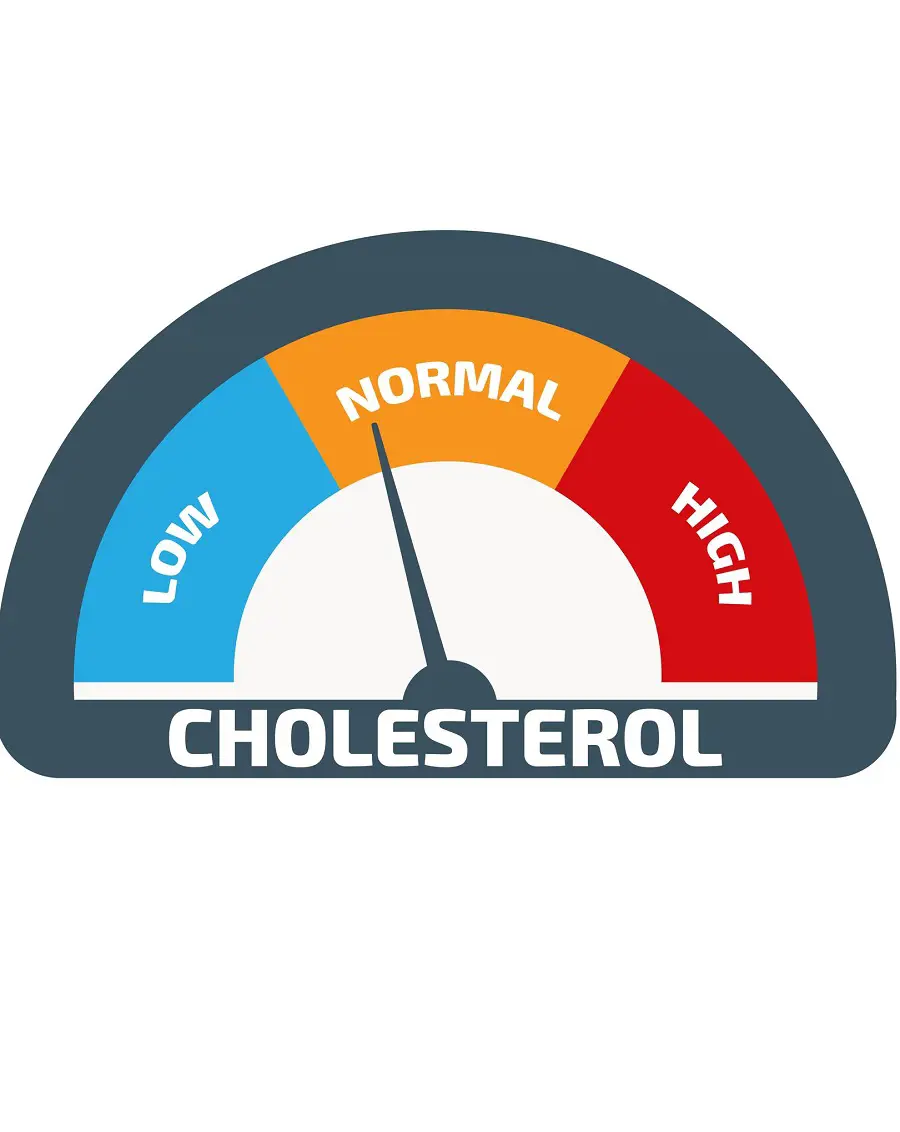
Having the right level of HDL and LDL cholesterol level is very important for your overall wellness. Coconut oil is a very ideal addition to cholesterol-friendly food. It includes a component of MCTs that help stimulate good cholesterol levels.
Some research suggests that extra virgin coconut oil's effect on cholesterol is similar to olive oil. The beneficial fat content in both oils aids in improving good cholesterol levels and lowering the heart disease risk.
Recent posts
Nutrition
Nutrition
Chia Seeds Benefits: 15 Reasons To Eat These Tiny Seeds
Chia seeds are tiny edible seeds obtained from the plant known as "Salvia hispanica", belonging to the mint family. Oval, gray, and filled with black and white spots, these small seeds are highly valued for their abundant nutrients and health be...
Nutrition
How Much Calcium Is Actually Needed?
Calcium is a mineral associated with bones, muscles and the nervous system in the body. Current dietary guidelines suggest different Recommended Dietary Allowances(RDAs) for adult males and females, with 1000mg being optimal for males and 1200mg for...
Nutrition
B12 Vitamin Food Sources: A Comprehensive Guide
Vitamin B12, an essential nutrient, plays a crucial role in various bodily functions, including red blood cell production, nerve function, and DNA synthesis. While animal-based foods are the primary sources of B12, certain fortified plant-based foods...
Nutrition
What Foods Are High In Cholesterol? 20 Foods To Avoid
Animal products like meat, eggs, milk, and cheese are sources of dietary cholesterol, unlike plant-based foods. For those aiming to lower their cholesterol intake, it's essential to be mindful of animal-based food choices. While some high-cholesterol...
Nutrition
18 Fat Burning Smoothies For Weight Loss
The weight loss journey is tough if you have to get on the same path day after day, facing cravings and temptations along the way. We suggest you stop making it a monotonous struggle and make it a flavorful adventure instead. One of the easiest and m...
Nutrition
Are Egg Whites Good For You? Benefits, Nutrition, And How To Eat?
Egg whites are popular these days while egg yolks are considered a health havoc. This claim is not always true but if you are someone who is going through weight gain problems or other conditions like heart disease, it's important to focus on egg whi...
